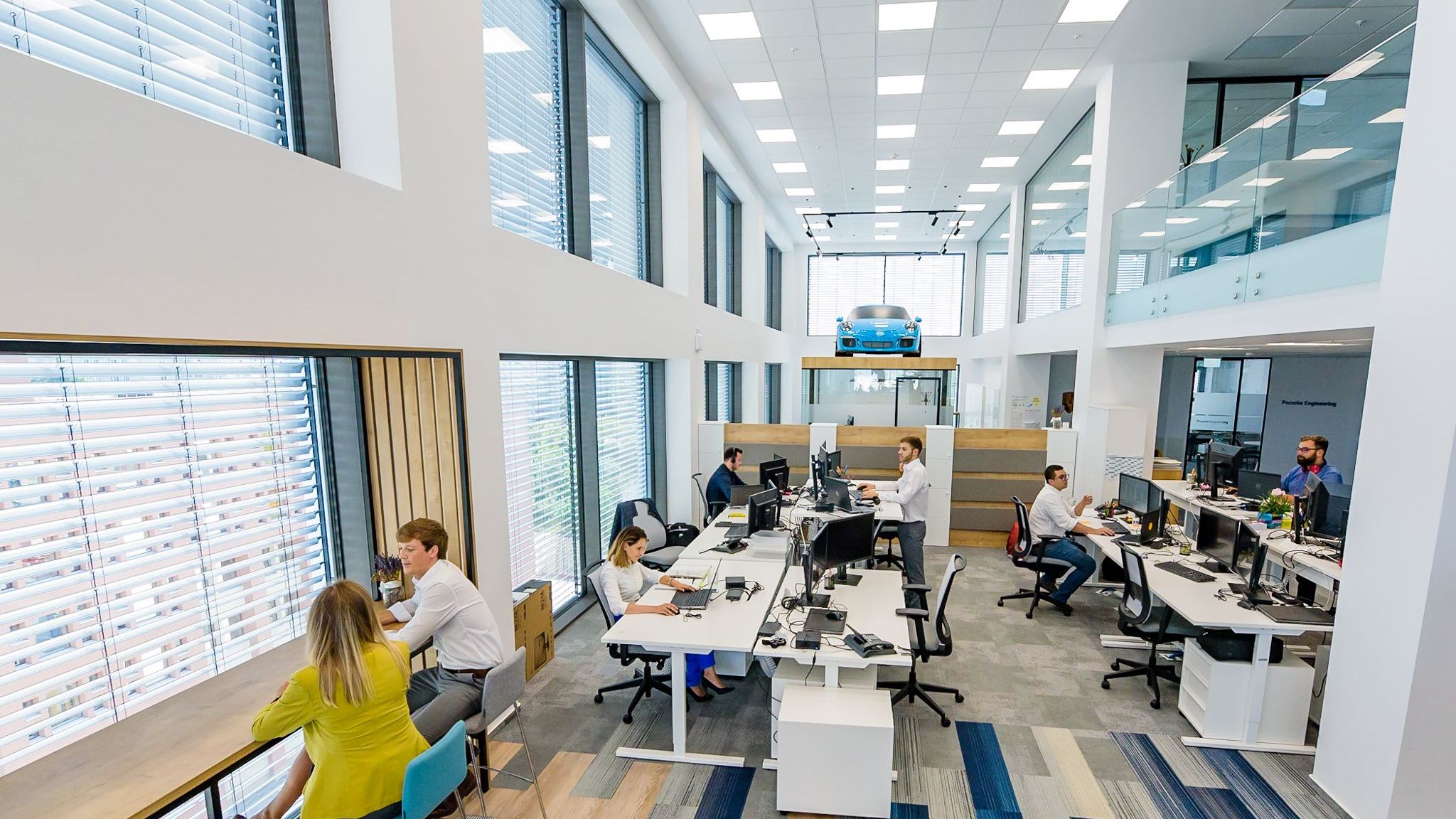)
Porsche Engineering Newsroom
Discover the latest insights on technologies, industry trends, and innovations in our Newsroom. Here, you’ll find articles, press releases, and company updates that highlight our role in shaping the future of mobility and engineering. Stay connected with our journey toward the next generation of vehicle solutions and beyond.

Our Latest Issue 2025/01: New Horizons
Creating new opportunities with high-tech solutions and AI-driven tools
In a rapidly changing industry, Porsche Engineering relies on innovation and flexibility. The latest edition highlights technical responses to increasing complexity and speed – from modular toolkits for data-driven development to fascinating insights that go beyond the automotive sector.
Find the full magazine down below.
Overview

Electric Power to the Water

How Do You Actually Recreate the Moon?
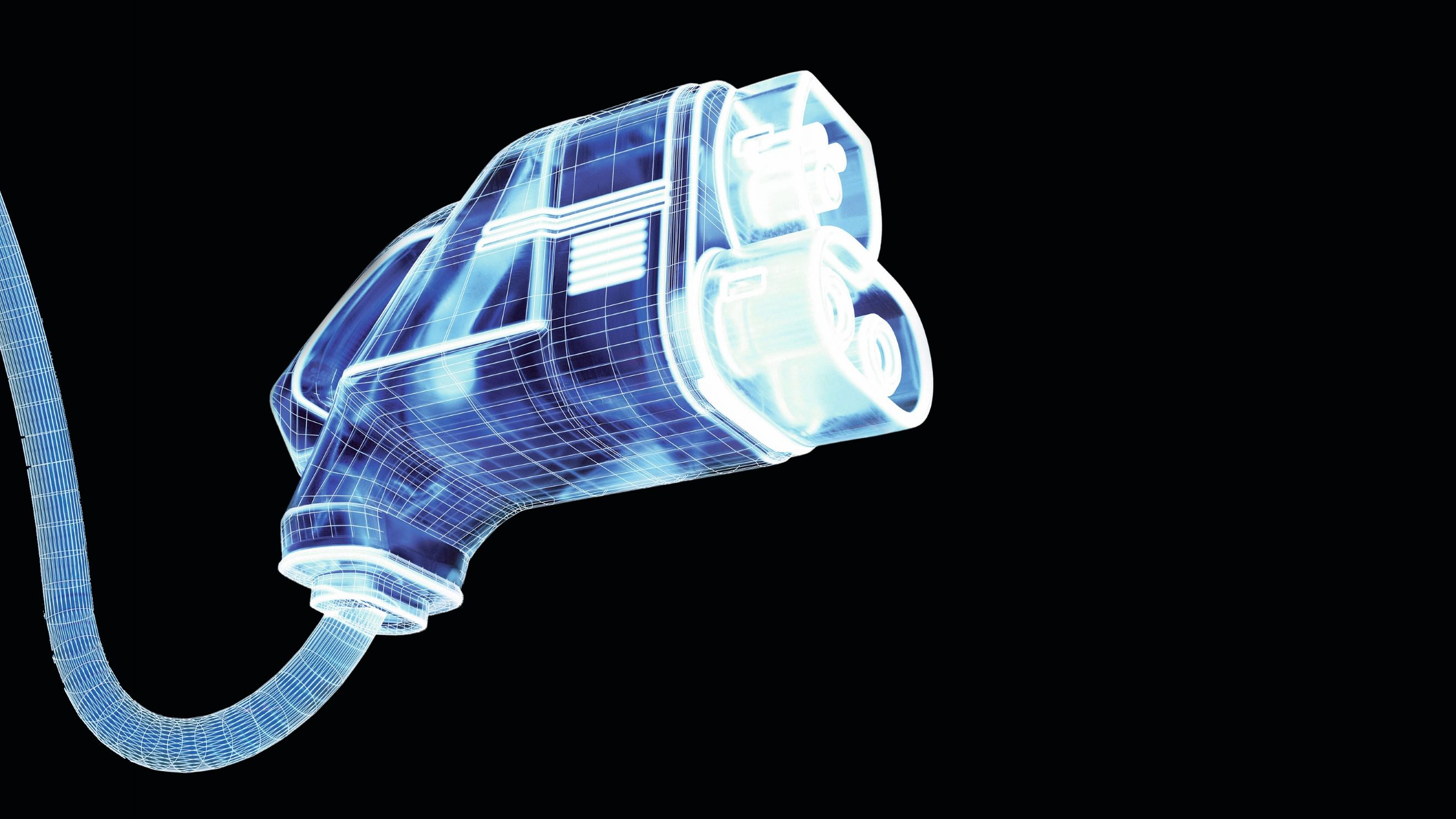
Charging Ahead

A Control Center with AI

The Building Blocks of Success

Mastering Complexity

Evaluation at the Touch of a Button
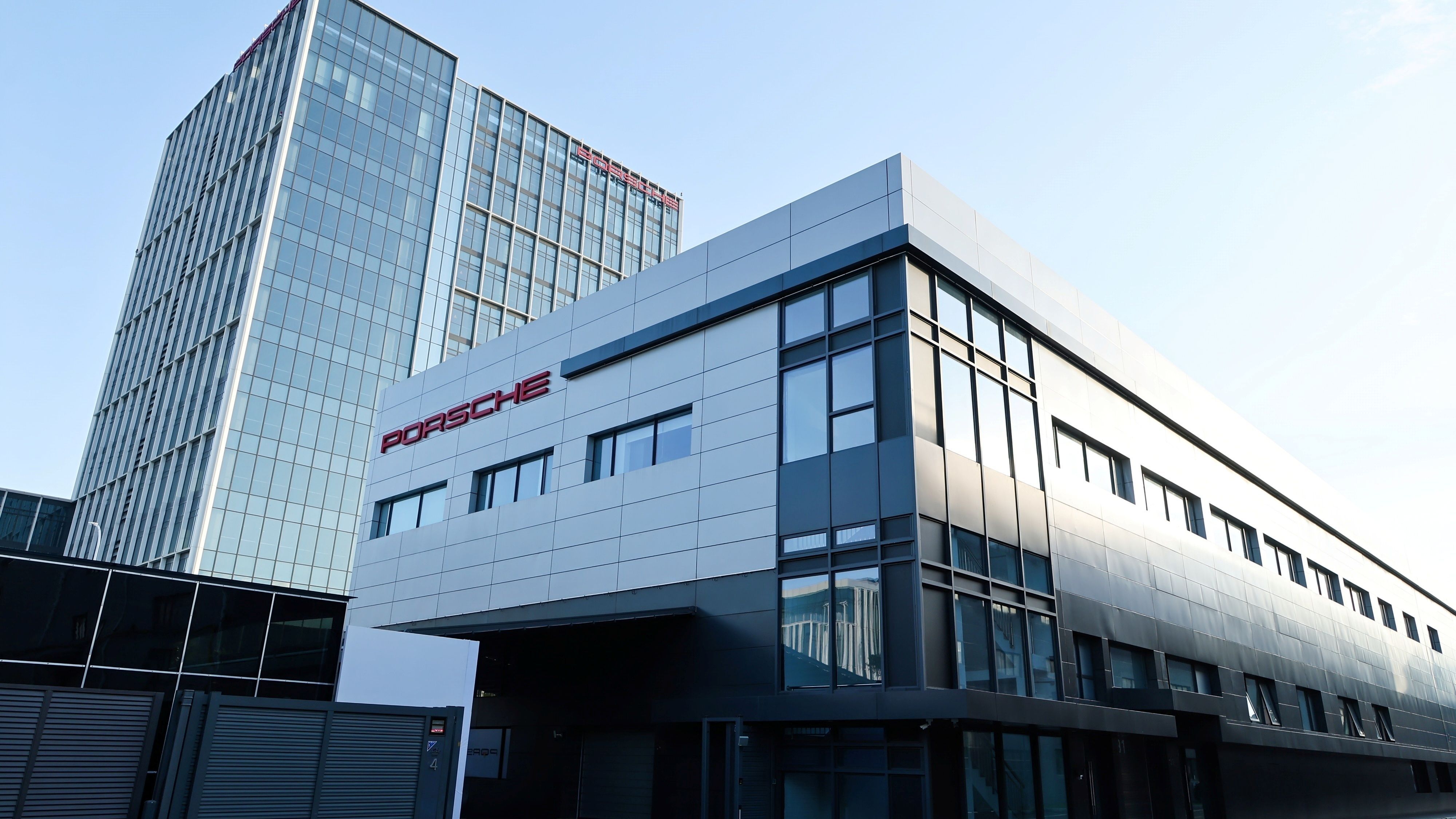
Porsche Opens First Integrated R&D Hub Outside Germany in Shanghai

Vibrations Under Scrutiny
)
In the Same Orbit

The new Porsche Engineering Magazine: "New Horizons"

Porsche Engineering and Porsche Digital are evaluating the combination of both groups
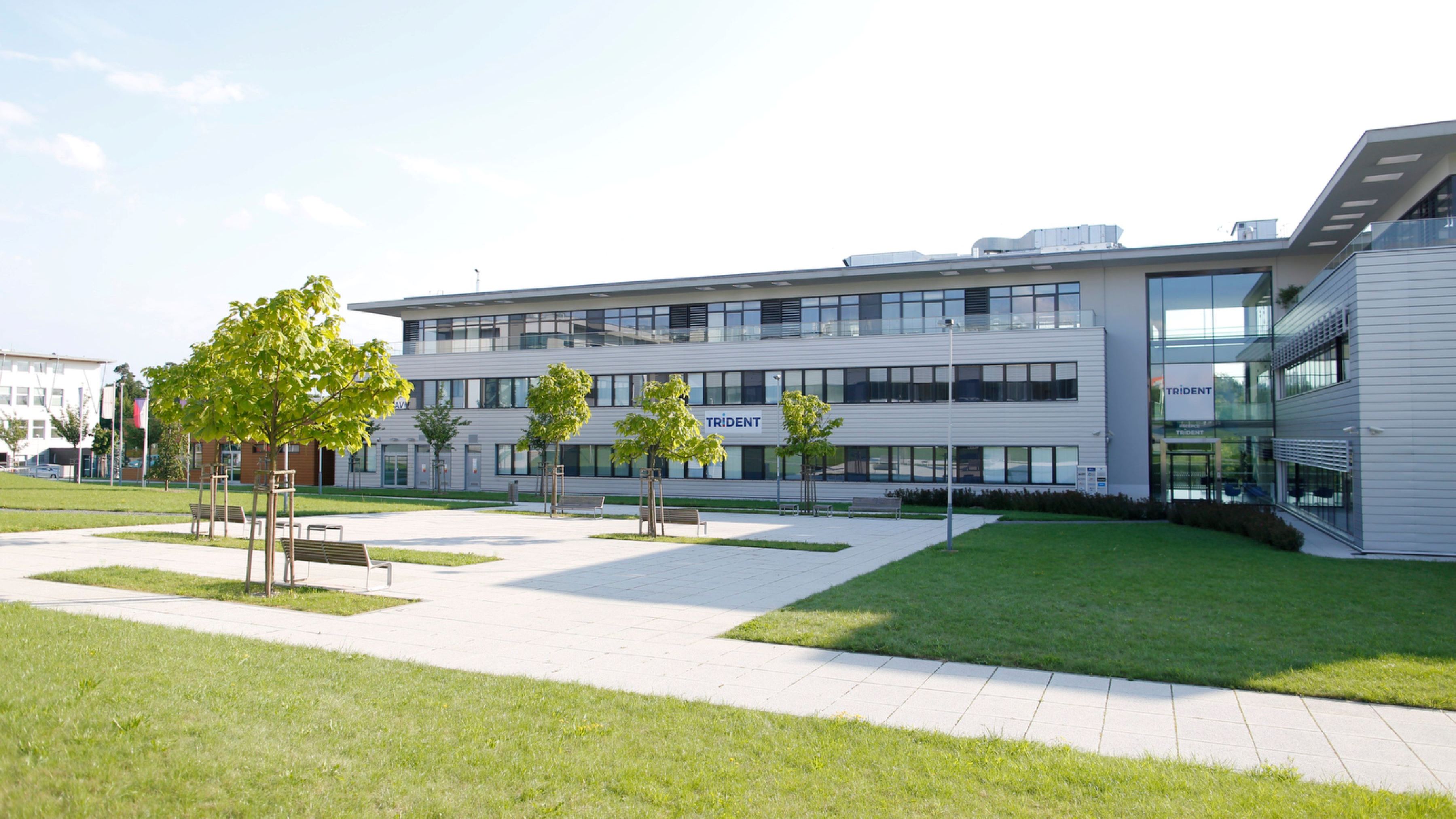
Five Years on the Innovation Campus in Ostrava: Advancing Technologies for Automotive and Beyond
)
50 Years on the Fast Track: Nardò Technical Center Celebrates Special Anniversary
)
Anything but Rusty
)
Let’s Stay in Contact
)
Stable as Steel
)
ADAS Validation with the Smartphone
)
Objectively Comfortable
)
Development Plan for Nardò Technical Center Will Not be Implemented
)
Turning DC into AC
)
The Great Fusion

AI Agent on a Crash Course

Test Drive without a Test Vehicle
)
Confident, Even in Borderline Cases
)
Language Models With Engineering Expertise

"We're at a major threshold"

Who Is Closer to Reality: Vehicle Developers or Gamers?

Putting Code to the Test

A Platform for China

System Integration

Virtual Worlds: For Real.

Glimpse Into the Future

“Courage is the fuel that drives innovation”

Rapid Prototyping
)
Cutting-Edge Technology Solutions for Automated Driving

Data Input by the AI Agent

Sixth Sense

Sprinting to the App

Will Cars Soon be Developed in the Metaverse?
)
A New Approach to Coding–Ressourceefficient Programming

Simulated. Automated. Varied.

Big Data

Data-Driven Development is Essential

Real-World Endurance Testing

Focus on the Essentials

Data on Cloud Nine
Chips à la Carte

Dreaming with Your Eyes Open
In Feel-Good Mode

The Future of the Cell

Magnetic Raw Materials

Connected. Efficient. Safe.

Just How Big Are the Biggest Batteries in the World?

Procurement and Development Working Hand in Hand

One for All

Ready for the Perfect Wave

High-Voltage Batteries on the Test Bench
)
Braking for More

Hold the Driver, Please

Celestial Radio Towers
)
The Big Leap

In Harmony with Nature

What Would an Aerodynamically Optimal Car Look Like?

Winds of Change

In China, For China

Mastering the Nordschleife with Hydrogen

Out of the ComBox

The Digital Path to the Perfect Mix

A Gentleman and a Record-Breaker

All in One Hand

Doubly Optimized

Taking a Quantum Leap

Validating Complexity

Science vs. Fiction
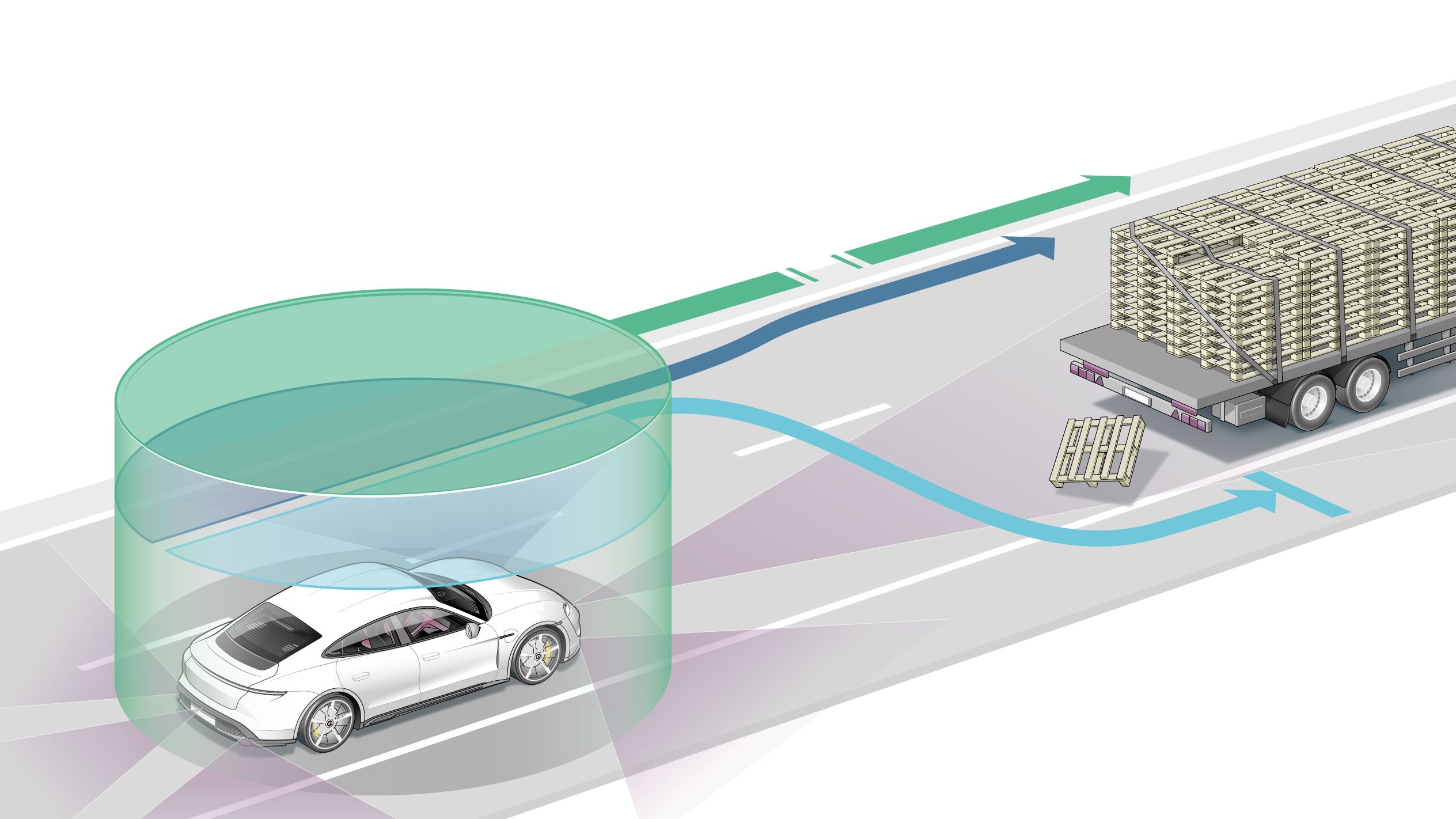
Monitored Safety

Everything at a Glance

Success Strategy Courtesy of the AI Agent

90 Years of Future

The Little Difference

Keeping a Close Eye on Current Developments and Implementing Them Quickly
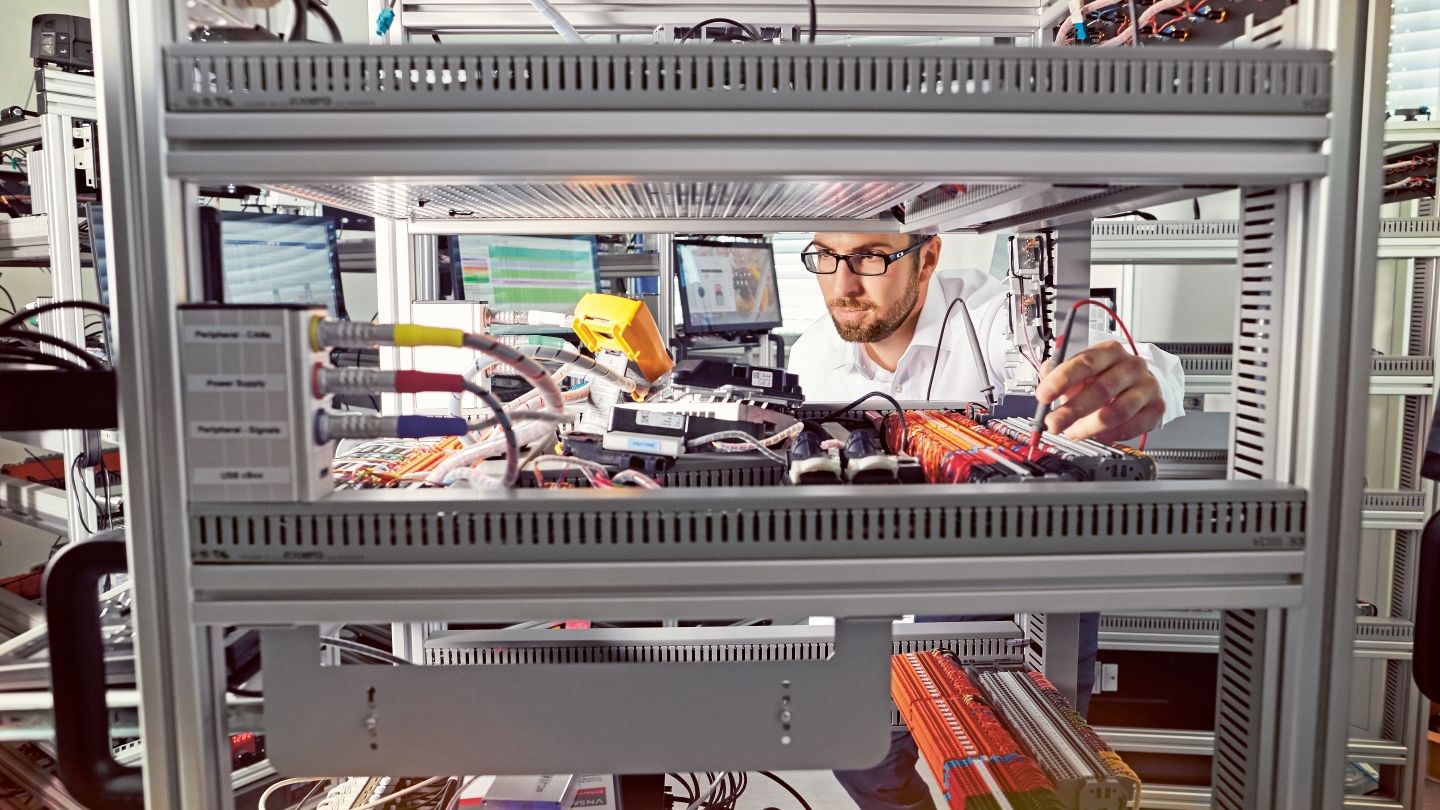
Perfect Replica

A Country Electrified

When Software Writes Software

From Coal Mining to Data Mining

Becoming More Agile During Development

The Big Loop

Hello, Human!

Brains for Autonomous Driving

Game Engines

More than Moore

End of the Off-Road

Intelligent, Connected, Nardò.

There are no limits to your imagination

Closely Networked

Flexible Platform

We Shore Up the Main Capabilities of Automobile Manufacturers

Explore Our Magazines
Dive into the world of Porsche Engineering. Download our latest magazines as PDFs and discover insights into innovation, technology, and mobility.


)

